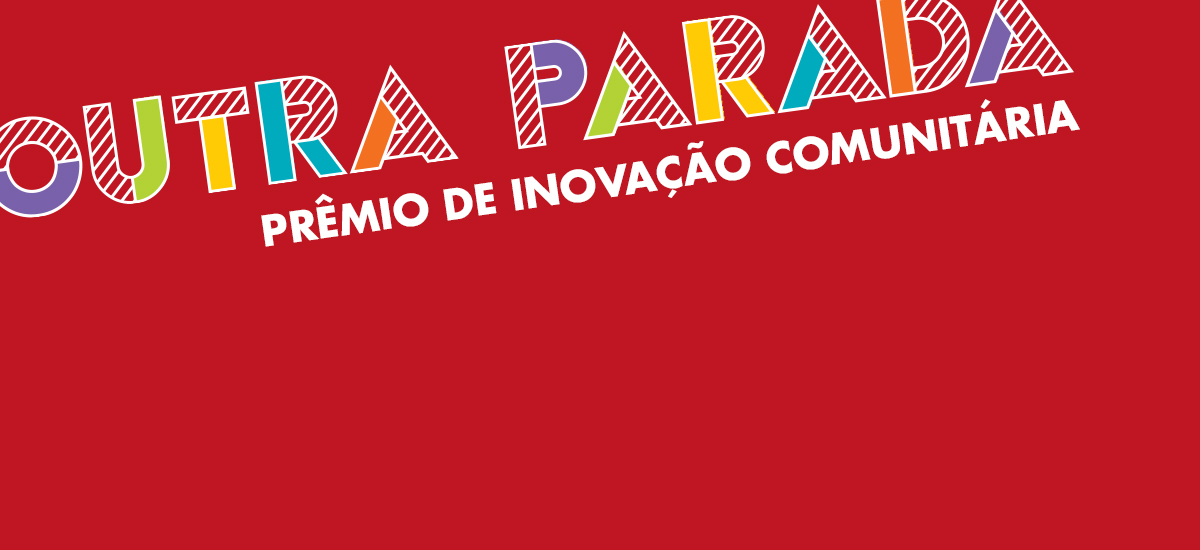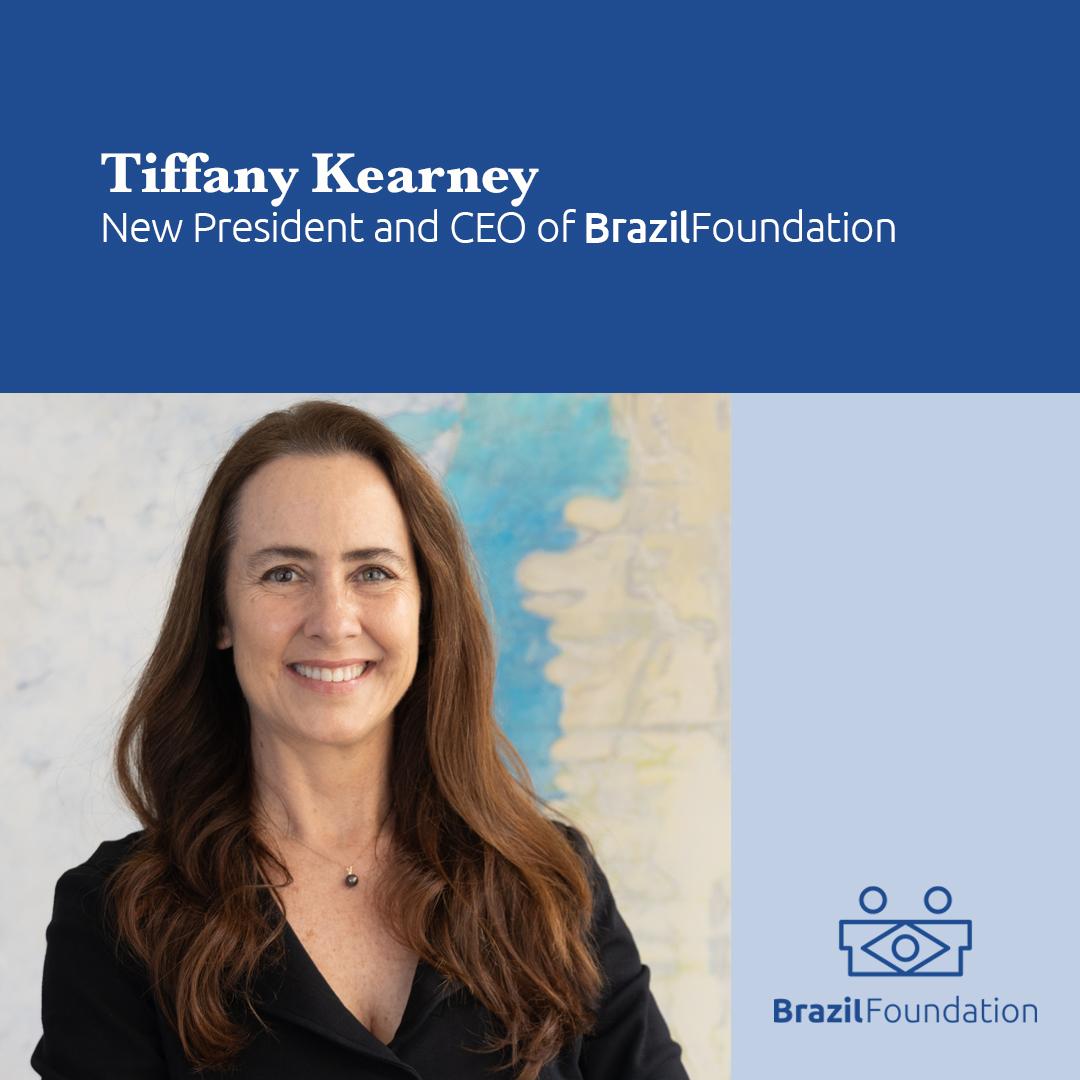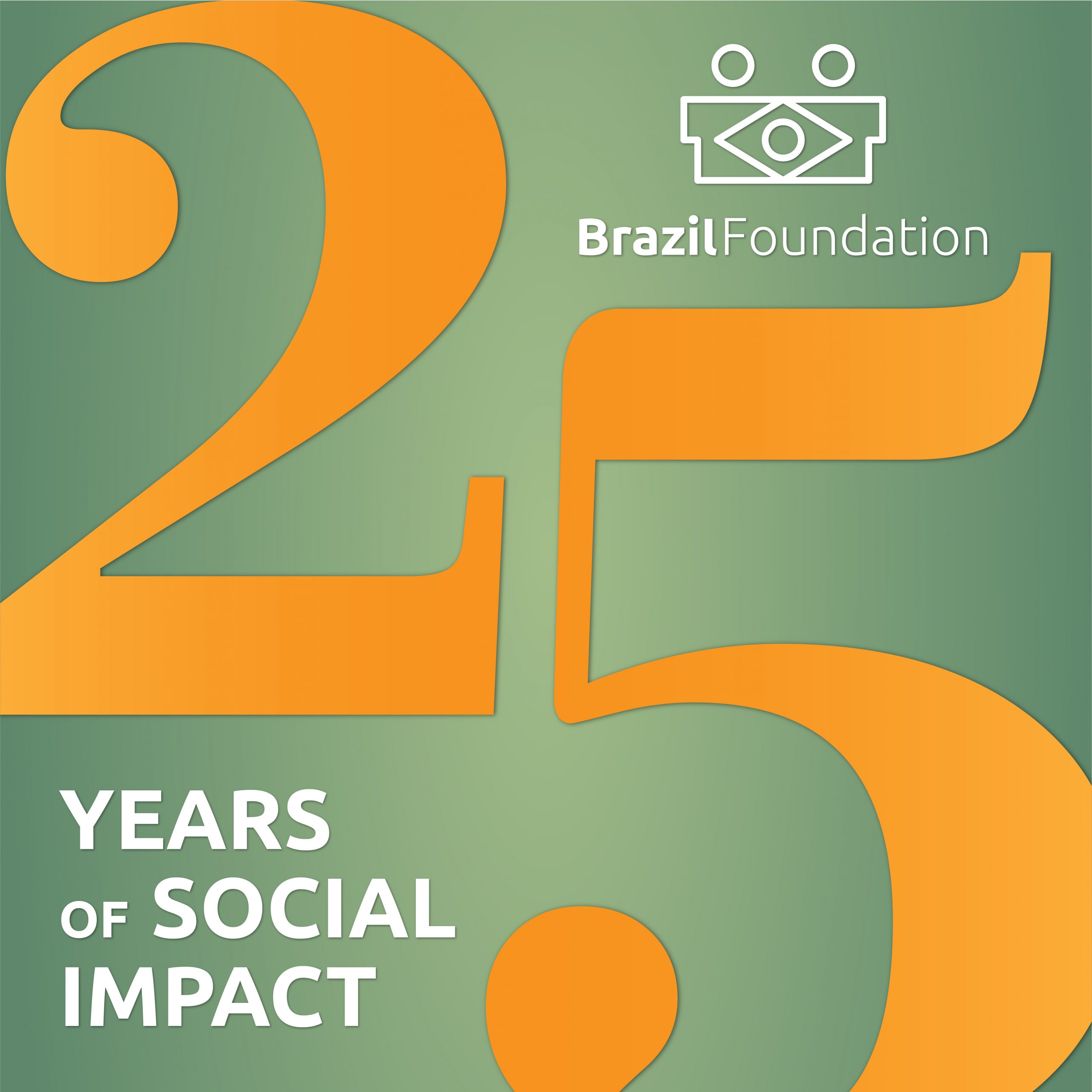“Sharing Philanthropy” – starting a new chapter in the Brazilian social sector
By Patricia Lobaccaro
In October BrazilFoundation opened a different kind of call for proposals in partnership with 38 grantees in 15 Brazilian states. We invited past and current grantees to act as funders and identify and issue micro grants to informal initiatives among their public, their sectors of expertise and their locales. We named this initiative the “Community Innovation Award”, through which BrazilFoundation will contribute financially to provide micro grants of USD1.5k. The 38 mentor organizations will contribute by identifying, monitoring and mentoring initiatives, using their knowledge and networks.
The reasons to test this new “sharing philanthropy” model are many: to fund initiatives that exist outside the radar of other foundations and even our own, because they are not formalized; to democratize resource allocation, as Brazilian philanthropic capital is concentrated in the hands of very few entities; to test the idea that grantee organizations can be grantors; to encourage local leadership development and to create an ecosystem that enables the creation of new social technologies.
When we launched the idea within our grantee partners network, we did not know what the response would be. It surpassed every expectation! We thought maybe half a dozen organizations would be interested in participating in this pilot, but instead we got 38 partners in 29 cities. These organizations woven together form a group that brings an invaluable wisdom and begin a new chapter in Brazilian philanthropy – one that is decentralized and collaborative.
Some mentor organizations come with a regional focus – financing from the local perspective, such as Voz das Comunidades which works in Complexo do Alemão, or Atelie de Ideias which has over a decade of work by promoting local development in Vitoria in Espirito Santo
Others come with huge sectoral expertise, such as Gastromotiva, which works nationally with social gastronomy, or IFC, an NGO working to fight corruption through civic audits. Others have expertise with a particular public, such as Thydewa, who already mentors 8 indigenous groups in the South of Bahia or Casa de Santa Ana, who works with the elderly in Cidade de Deus. Others saw this award as opportunities to close a leadership gap and some saw the award as a way to map and strengthen networks of likeminded initiatives.
What we are doing could be considered “crowdsourcing” – and in a way it is. By decentralizing the decision and sharing responsibility for the grant process, we can reach more people without having to increase our program structure. This is “sharing philanthropy”, following the same principles of the “sharing economy”.
But the idea goes much further than that.
Brazil is a country with huge income inequality, and the philanthropic sector is no exception to this rule. Brazil has very few funders: very few family foundations, only 10 independent funds (of which only 3 are community foundations), and about 100 corporate foundations and institutes. Philanthropic investment decisions almost never occur by local actors. Foundation boards are not as diverse as they should be and key stake holders do not have strategic decision making access.
We also live in a world that is transforming in real time. We witness immense wave of creativity, new movements being formed, youth collectives and all kinds of enterprises that do not fit the mold off what funders would fund because they have no equivalent of a 501©3 or an EIN. Some of these movements, though, are reshaping their territories, influencing policy and we need to create a pipeline to support them. Our grantees have a lot to share and are in better position than we are to identify and mentor these initiatives.
We feel enormous gratitude the 38 organizations that have embarked on this pioneer project with us and confident that the results will be amazing. The “Community Innovation Award” results will be announced on 22 February, 2016.



